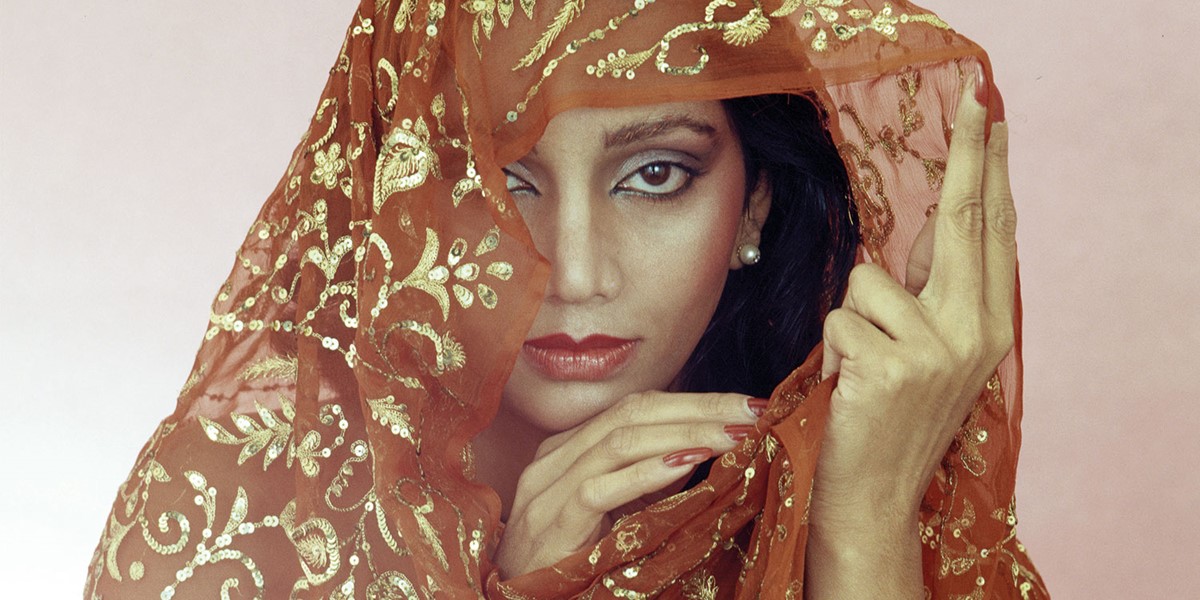Tuesday, June 18, 2024
Meeting Asha Puthli: “I have a four-octave range from my classical training and I just went for it, this spaced-out singing”
Undeterred by expectations, Asha Puthli had a vision of uniting Indian classical music with jazz, heading to New York and getting a job singing with a free-jazz icon. It was the beginning of an adventurous, incendiary and unparalleled career

Puthli in Italy

Register now to continue reading

Thanks for visiting the Songlines website, your guide to an extraordinary world of music and culture. Sign up for a free account now to enjoy:
- Free access to 2 subscriber-only articles and album reviews every month
- Unlimited access to our news and awards pages
- Our regular email newsletters

